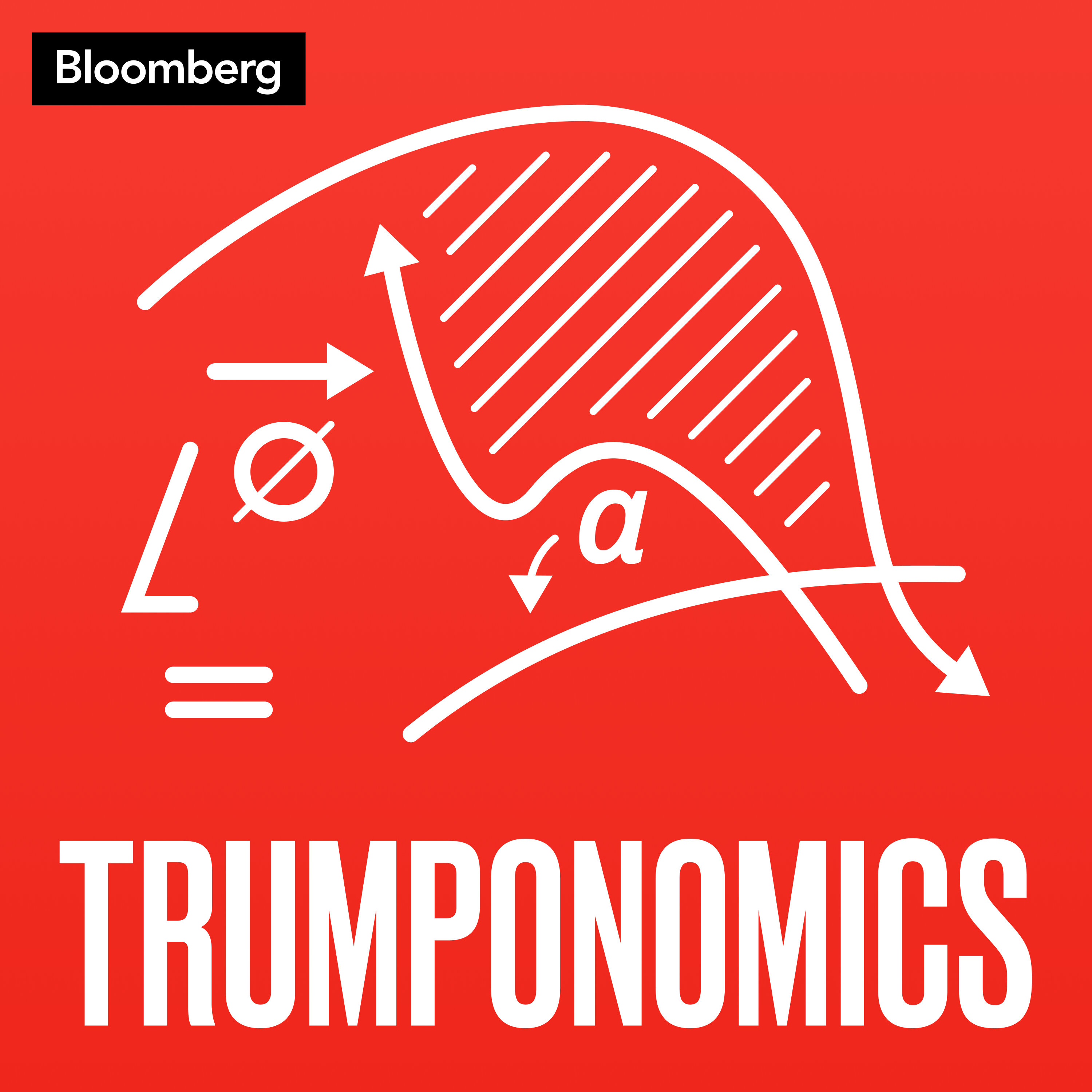We're sunsetting PodQuest on 2025-07-28. Thank you for your support!
Export Podcast Subscriptions
Live from Qatar: What Does Trump Mean for the Middle East?
2025/5/21

Voternomics
D
Dina Esfandiary
J
John Micklethwait
Z
Ziad Daoud
Ziad Daoud: 我认为全球经济可以用两个数字概括:四和二。中东地区向世界提供四种要素,并从世界获得两种要素。我们地区是主要的能源产地,向世界出口能源。同时,我们也出口资本,是世界重要的贸易路线,例如霍尔木兹海峡、曼德海峡和苏伊士运河。此外,我们还向世界提供劳动力,目前占全球劳动年龄人口的约7%,而且由于我们地区人口年轻且不断增长,这一比例在本世纪末将上升至11%。当然,我们也从世界获得一些要素,其中最重要的是石油价格,高油价对我们有利。此外,利率也至关重要,它决定了我们的货币政策、借贷成本和资本流动。今年,利率预计将下降,这对我们地区来说是利好消息,与2022年美国快速加息的情况形成对比。
Deep Dive
The Middle East's main economic outputs are energy, capital, trade routes, and labor. Its main inputs are oil prices and global interest rates. These factors influence the region's economic health and vulnerability to external shocks.
- Middle East exports energy, capital, facilitates trade, and provides labor.
- Key economic inputs are oil prices and interest rates.
- Region's economic health is affected by global economic conditions.
Shownotes Transcript
Host Stephanie Flanders, Bloomberg’s Head of Government and Economics, leads a panel from the Qatar Economic Forum in Doha to explore the question of what Trumponomics means for the Middle East. It turns out the answer may be—as Donald Trump would put it—a lot of winning.Dina Esfandiary, Middle East geoeconomics lead for Bloomberg Economics, Ziad Daoud, chief emerging markets economist for Bloomberg Economics, and John Micklethwait, Bloomberg’s Editor in Chief, feature on the panel.
See omnystudio.com/listener) for privacy information.